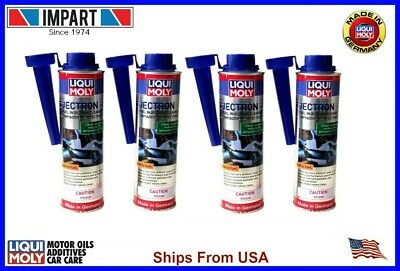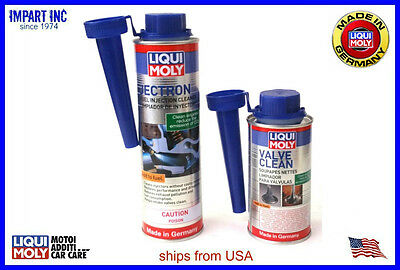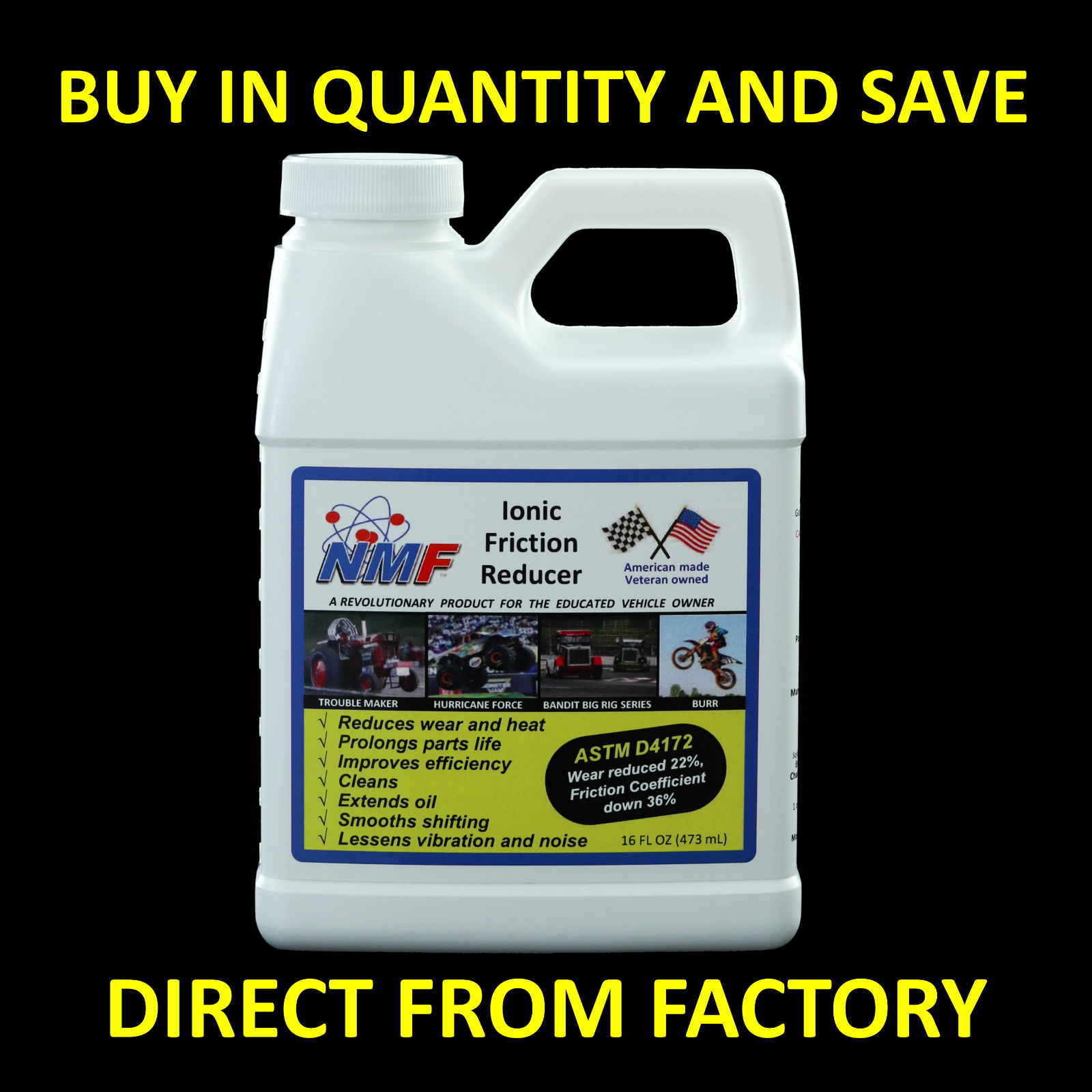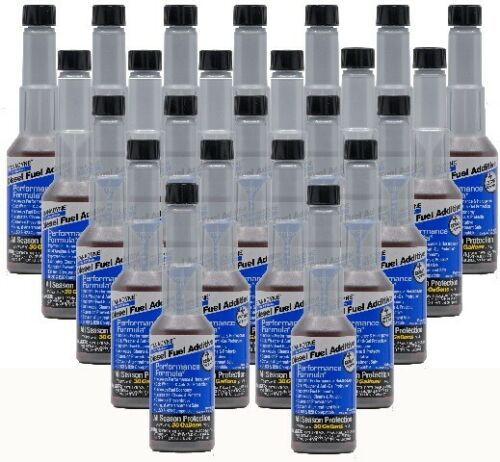-40%
Race Gas 32oz Octane Booster 105 MAX 100032 Race Fuel Concentrate
$ 17.16
- Description
- Size Guide
Description
PRODUCT DESCRIPTIONWhen blended to the proper ratio, RACE GAS
TM
can take your ordinary pump gasoline and transform it into high octane, high energy, track grade racing fuel. RACE GAS
TM
will keep you from ever running out of racing fuel.
In working with several chemists and our suppliers we came up with the blend that became RACE GAS
TM
. When we had a third party laboratory run the ASTM D 2699 and 2700 tests, Race Gas blended with pump gas produced results as good as racing with regularly distilled 100 octane gasoline,
See the test results
. This blend will improve the quality of regular "pump gas" and make it suitable for racing - why? Because RACE GAS
TM
adds back in the key elements of racing fuel - hydrocarbons, oxygenates, and organometallic compounds:
Fuel Hydrocarbons: Fuel Hydrocarbons are compounds that contain both Carbon and Hydrogen that, when burned, produce water (H2O) or Carbon Dioxide (CO2). Saturated Hydrocarbons have a high octane rating and carry additional carbon atoms which produce more energy when burned. They also produce a synergistic effect when used with certain organometallic compounds to product higher octane ratings than if they are used by themselves.
Oxygenates are one of the most misunderstood compounds in gasoline. While many have heard of the negative effects of oxygenates like Ethanol and Methanol not all oxygenates are created equal. Oxygenates play a very important role in high octane gasoline. Like the name suggests oxygenates add oxygen to gasoline. As we all know our engines need oxygen to burn fuel. By adding an oxygenate to RACE GAS
TM
we are adding that crucial oxygen to the fuel which, in turn, allows the engine to burn fuel more completely thereby taking advantage of the additional carbon atoms added by the fuel hydrocarbons. The net result is more horsepower! The oxygenates that are used in Race Gas are not derived from alcohol like methanol and ethanol and therefor do not damage fuel system and engine components like these oxygenates do.
Organometallic compounds are added to gasoline to increase the octane of the fuel. Up until recently Tetra Ethyl Lead was used in gasoline for this purpose. In addition lead was used as a lubricant on older engines that didn't have hardened valve seats. The problem with lead in gasoline, (other than the environmental effects), was the fact that scavenger compounds needed to be added to gas in order to keep the lead from creating deposits on pistons and cylinder heads. When the EPA banned lead in fuel refiners turned to other metallic compounds like Manganese, Iron, Nickel and Magnesium. All of these different compounds have their pros and cons. We believe that Manganese has the best overall effect on octane and the best synergistic effect with the other compounds in Race Gas. As a result Race Gas contains high quality Methylcyclopentadienyl Manganese Tricarbonyl or MMT.
Moreover, we know that RACE GAS
TM
is safe for cars even under the most demanding conditions. We have burned RACE GAS
TM
in everything from a 944 Turbo race car, a modified Audi TT, a Hemi Magnum, a Hemi Challenger, and modified VW R32, a Corvette and many other cars. All showed increases in power, throttle response and torque.
Try a can of RACE GAS
TM
and you'll find what everyone is finding - that RACE GAS
TM
really works, turning ordinary pump fuel into RACE GAS
TM
.










